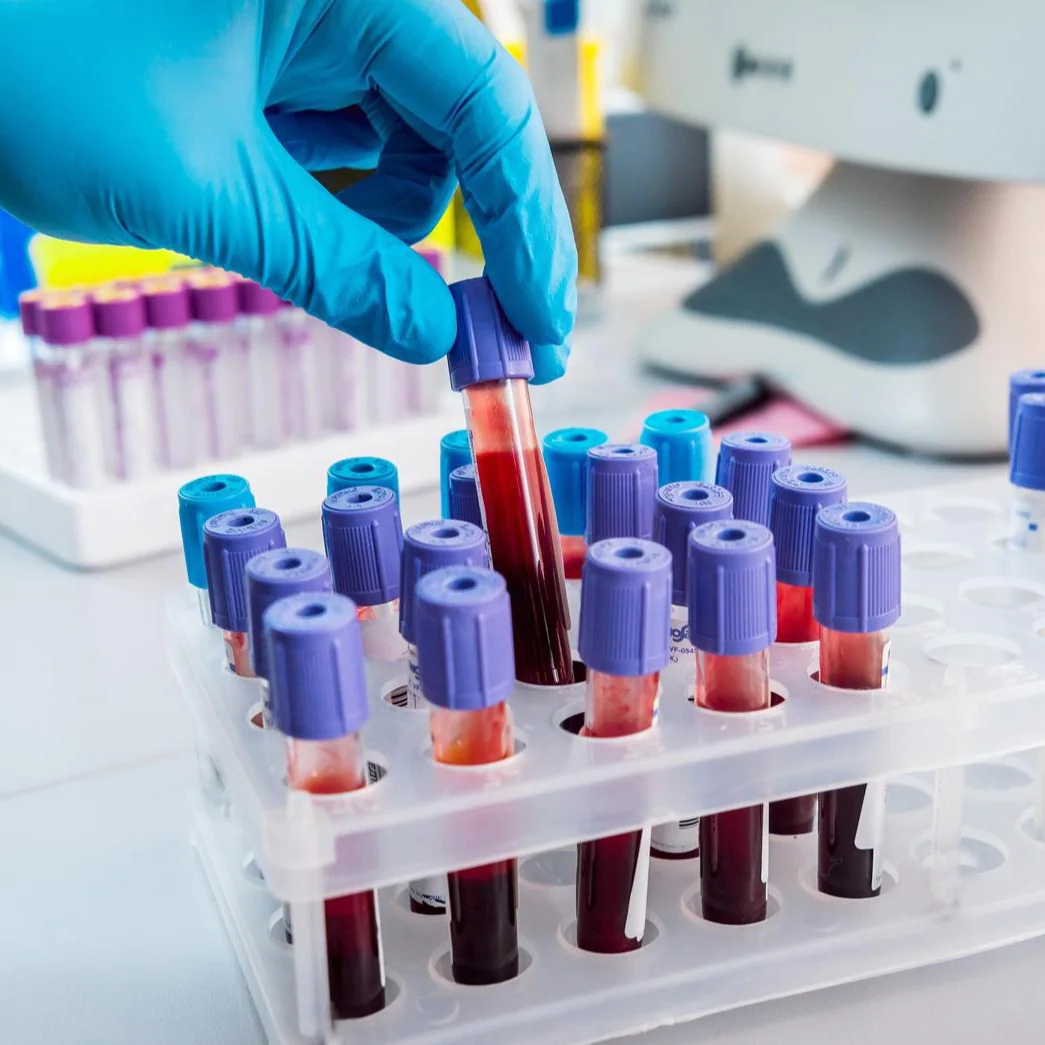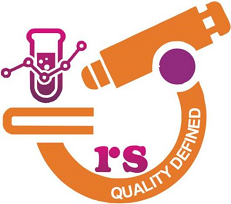Phone : +918147282686
LIPID PROFILE TEST IN YELAHANKA

A lipid profile test measures various types of cholesterol and triglycerides in your blood, including low-density lipoprotein (LDL) cholesterol, high-density lipoprotein (HDL) cholesterol, total cholesterol, and triglycerides. Triglycerides are a type of fat found in your blood, and a high level can increase your risk of heart disease. This test helps assess your risk of heart disease and stroke.
1. Triglycerides: Triglycerides are a type of fat (lipid) found in your blood. They are stored in fat cells and released when the body needs energy. High triglyceride levels can be caused by factors such as obesity, uncontrolled diabetes, lack of physical activity, excessive alcohol consumption, and certain medications.
2. Lipid Profile Test: This blood test measures various lipid levels in your blood, including total cholesterol, LDL cholesterol (often referred to as “bad” cholesterol), HDL cholesterol (often referred to as “good” cholesterol), and triglycerides. It provides valuable information about your risk of developing cardiovascular diseases such as heart attack and stroke.
3. Interpretation: Ideally, you want your lipid profile results to show low levels of LDL cholesterol, high levels of HDL cholesterol, and normal levels of total cholesterol and triglycerides. Abnormal levels may indicate an increased risk of cardiovascular disease and may require lifestyle changes or medical treatment.
4. Fasting Requirement: In many cases, the lipid profile test requires fasting for 9 to 12 hours before the blood sample is taken. This is because certain foods can affect lipid levels in the blood, and fasting helps ensure accurate results.
5. Management: If your lipid profile results indicate high triglyceride levels or other lipid abnormalities, your healthcare provider may recommend lifestyle changes such as adopting a healthy diet, exercising regularly, losing weight if needed, quitting smoking, and limiting alcohol intake. In some cases, medications may also be prescribed to help manage lipid levels.
Regular monitoring of lipid levels through lipid profile tests is important for assessing cardiovascular risk and guiding treatment decisions. It’s essential to follow your healthcare provider’s recommendations and make lifestyle changes to promote heart health.
Tag
LIPID PROFILE TEST IN YELAHANKA HEALTH PACKAGES IN YELAHANKA R S DIAGNOSTIC CENTRE IN YELAHANKA BEST LAB NEAR MEEnquiry
Get in touch
R S DIAGNOSTIC CENTRE.All Rights Reserved © 2026








